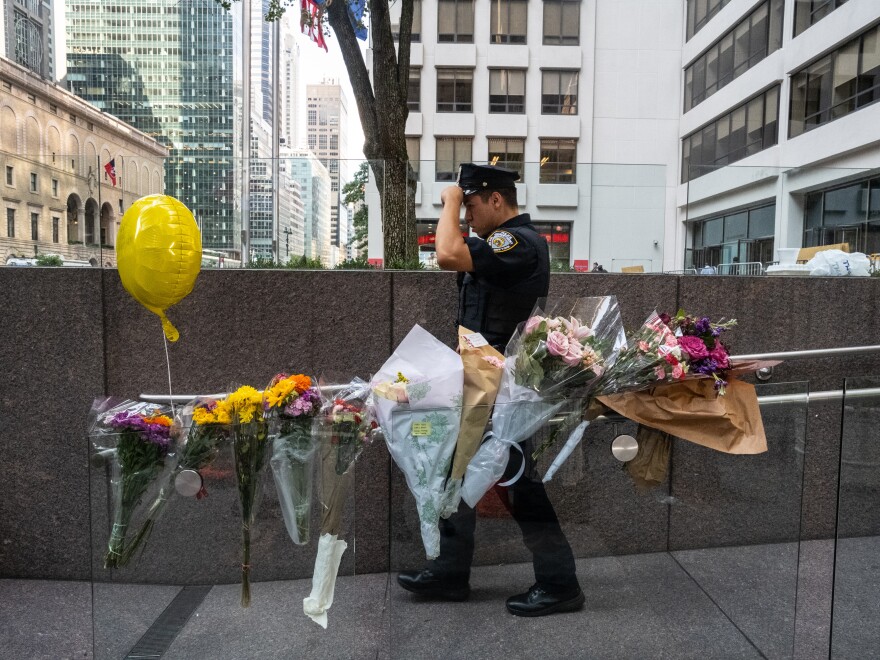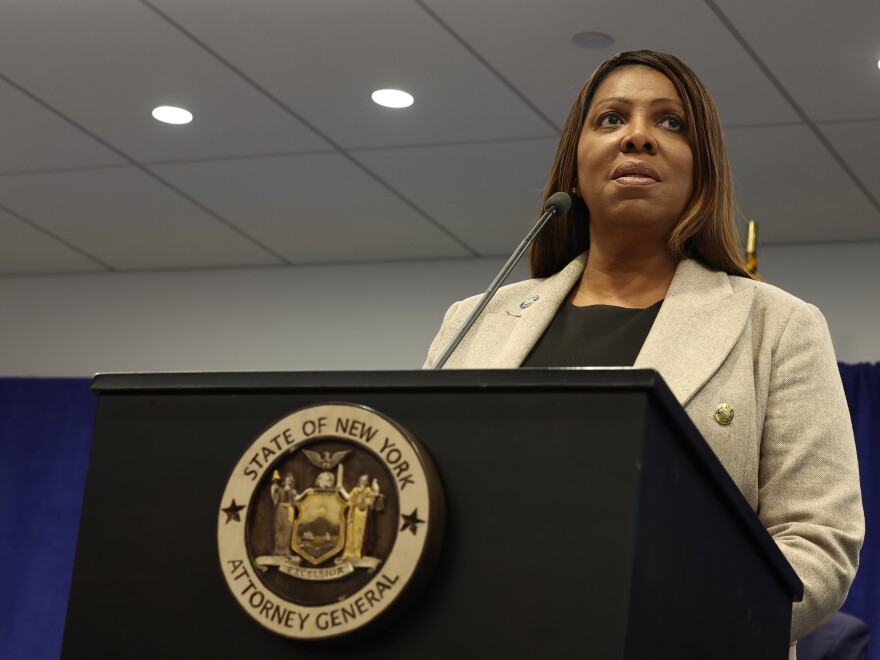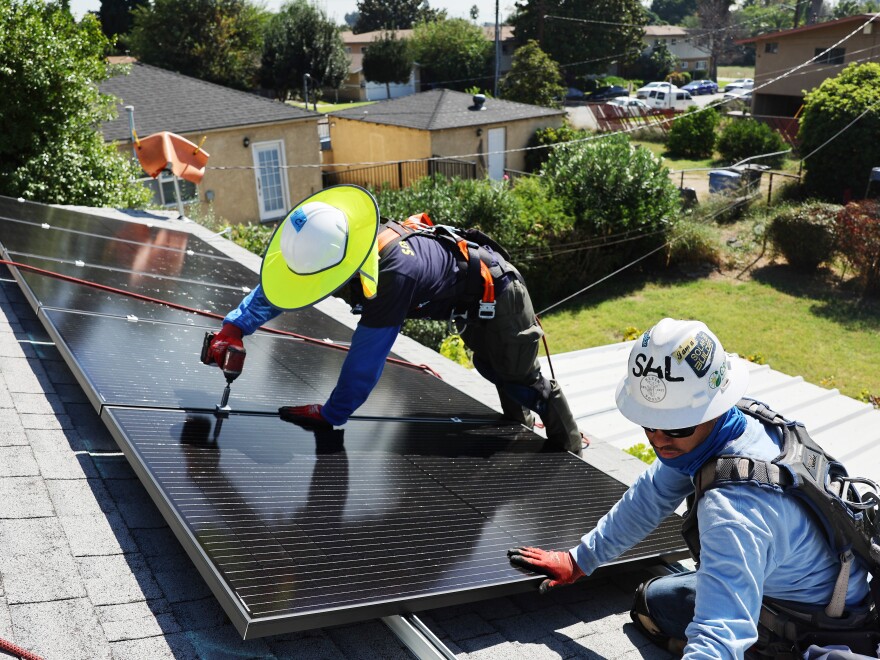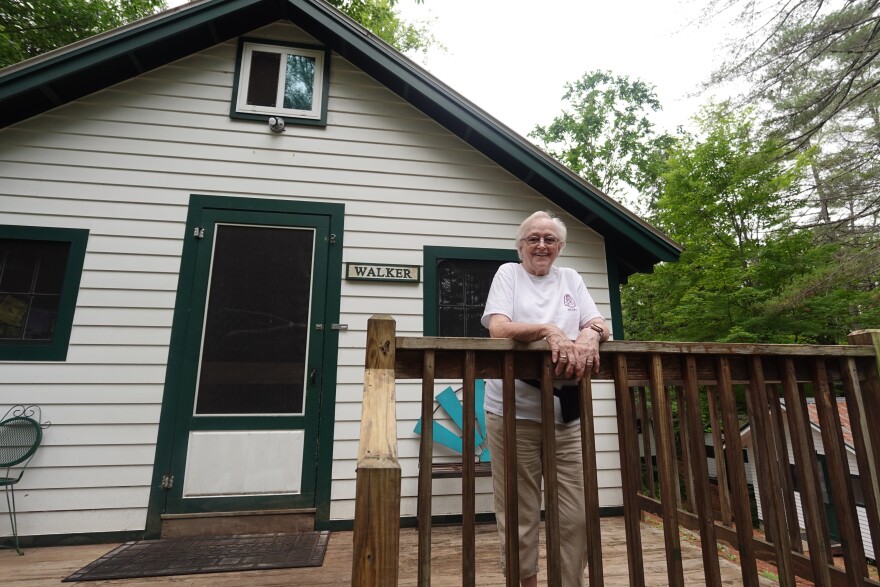The 27-year-old Shane Tamura, who traveled to New York and killed four people on July 28, had multiple contacts with the Las Vegas Metropolitan Police in recent years, according to records made public this week. According to the records, he had two emergency psychiatric examinations and was known to have mental illness, but he was still permitted to lawfully purchase firearms, including the AR-15-style rifle that was used in New York.
The data contains 911 calls from Tamura’s mother, who stated that her son had been diagnosed with bipolar disorder, anxiety, and depression and was suicidal. Additionally, she informed dispatchers that her son may still possess a pistol, since he had previously held one.
Both of the 2022 and 2024 episodes led to police submitting papers to place Tamura under emergency psychiatric treatment, sometimes known as a “mental health hold.”
According to Jeff Swanson, a professor at Duke University who focuses on the intersection of law and public safety and has written about the firearms background check system, Tamura was still permitted to purchase firearms because Nevada does not automatically upload information about temporary mental health holds to the National Instant Criminal Background Check System (NICS).
“About half the states do have a law that would render one of those short-term holds a 72-hour hold a gun-disqualifying record,” Swanson explains. Nevada, however, is not.
“A person who is considered [a] danger to [him or herself] or others may be placed on a 72-hour emergency mental health [hold] by a law enforcement officer or medical professional in accordance with Nevada law. Unless it leads to a court-ordered involuntary commitment, this does not automatically result in a firearm prohibition under federal or state law,” he wrote in an email to NPR. “These emergency holds by themselves are not reported to NICS and wouldn’t show up in a background check.”
In terms of determining who is a risk, Swanson continues, the requirements for admission to the NICS federal background check system for mental incapacity “tend to be too broad and too narrow at the same time.”
Before being added to the national list of individuals forbidden from purchasing firearms, a person must be “adjudicated” as a “mental defective” by a court or other authority in accordance with federal law. There are currently over eight million names in the category in NICS.
“They identify a lot of people who may have had a civil commitment 20 years ago, but they will never be violent. Swanson adds, “There are a lot of other people who might have really impulsive anger traits and a really short fuse because they don’t have one of these records, and they’re not necessarily prohibited.”
Swanson places greater trust in “red flag” laws, which give law enforcement and occasionally family members the authority to request that courts grant emergency risk protection orders, or ERPOs, to individuals experiencing a mental health crisis who are thought to pose a harm to themselves or others.
Nevada is one of 21 states with red flag legislation. According to the legislation, a court can seize a person’s firearms and prevent them from purchasing new ones for a maximum of one year.
Tamura would not have been able to legally purchase the firearm he used in New York last month if a one-year ERPO had been granted following his most recent mental health hold, which was last August. However, there is no evidence that the police attempted to obtain an order for him.
The frequency of ERPO requests varies greatly from location to location, according to April Zeoli, a gun violence researcher at the University of Michigan.
“Mainly, this is on law enforcement, and how much they know about it,” she continues. “If a jurisdiction, a state, a locality isn’t actively training law enforcement officers on how to use this, it won’t be used.”
She argues that when a gun owner seems to have turned into a threat, authorities should be provided with detailed instructions on how to seek a court to step in. An initiative to fund certain red flag law training for law enforcement and impacted family members was announced by the Nevada attorney general’s office in 2022.
However, Nevada still lags much behind other states in terms of the number of ERPOs that courts issue—just 28 in 2024, as opposed to thousands in places like Florida and California. Politics might also be involved. Some sheriffs in other western states have opposed the use of the laws, claiming they are a threat to gun rights, and the state’s red flag law was approved in 2019 without any Republican support.
Copyright 2025 NPR






